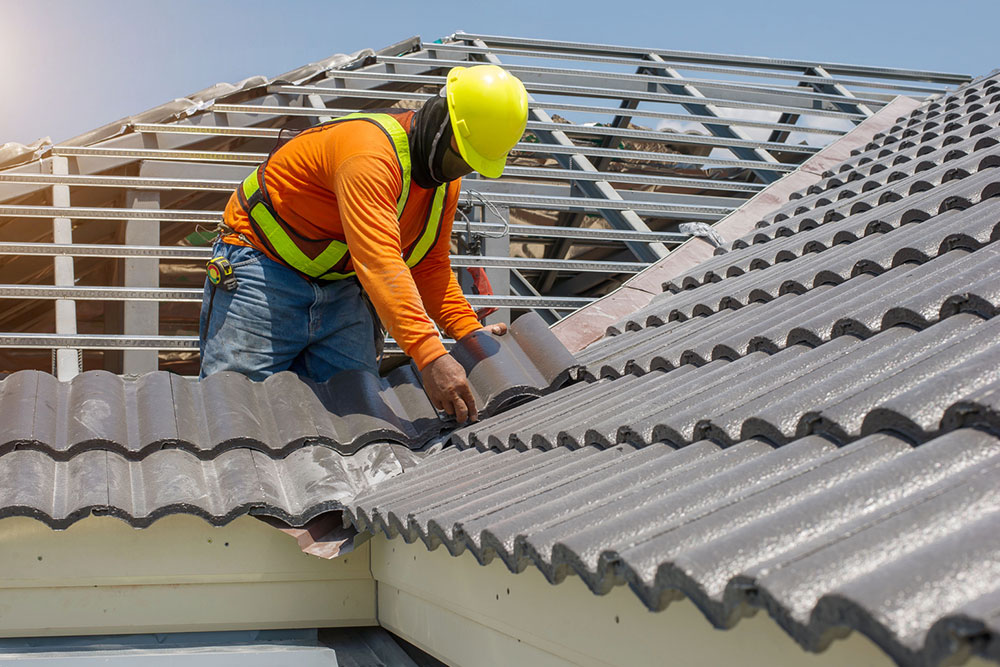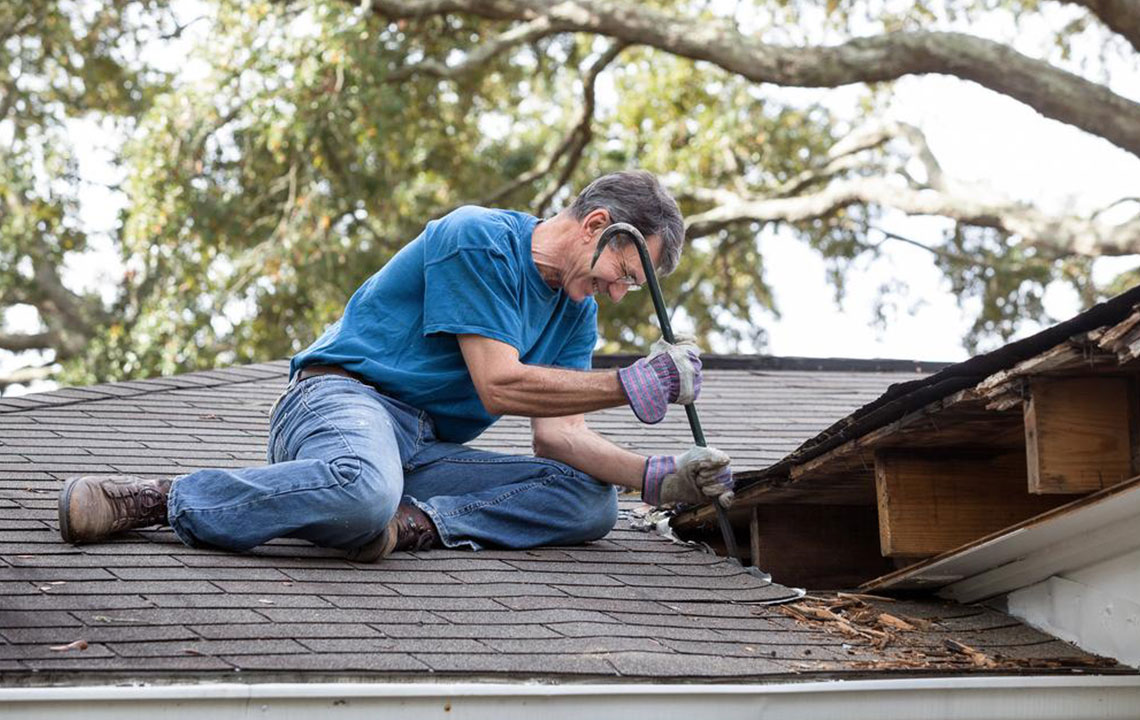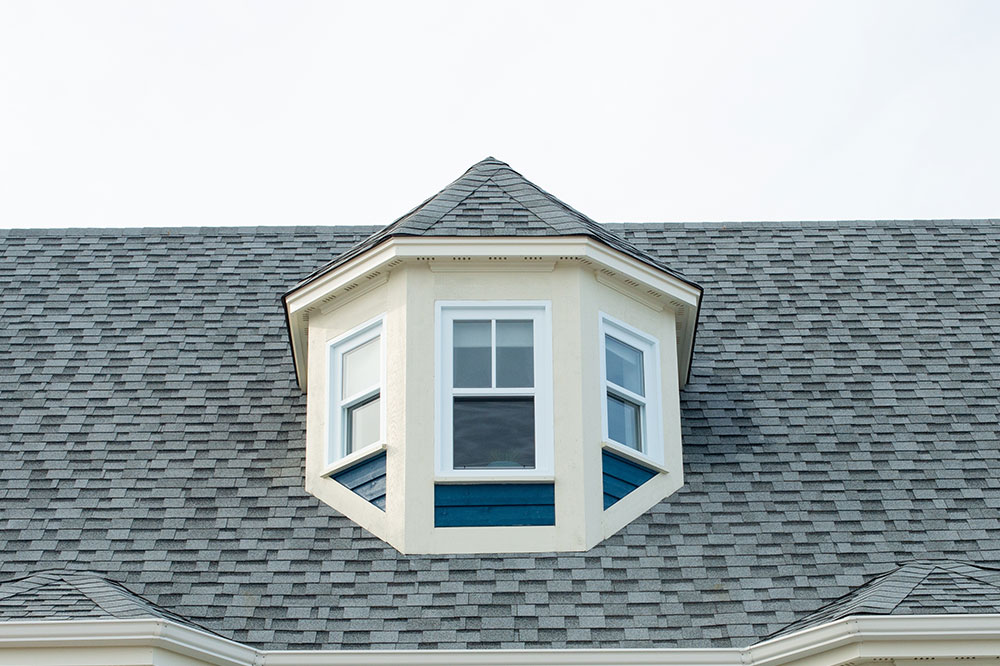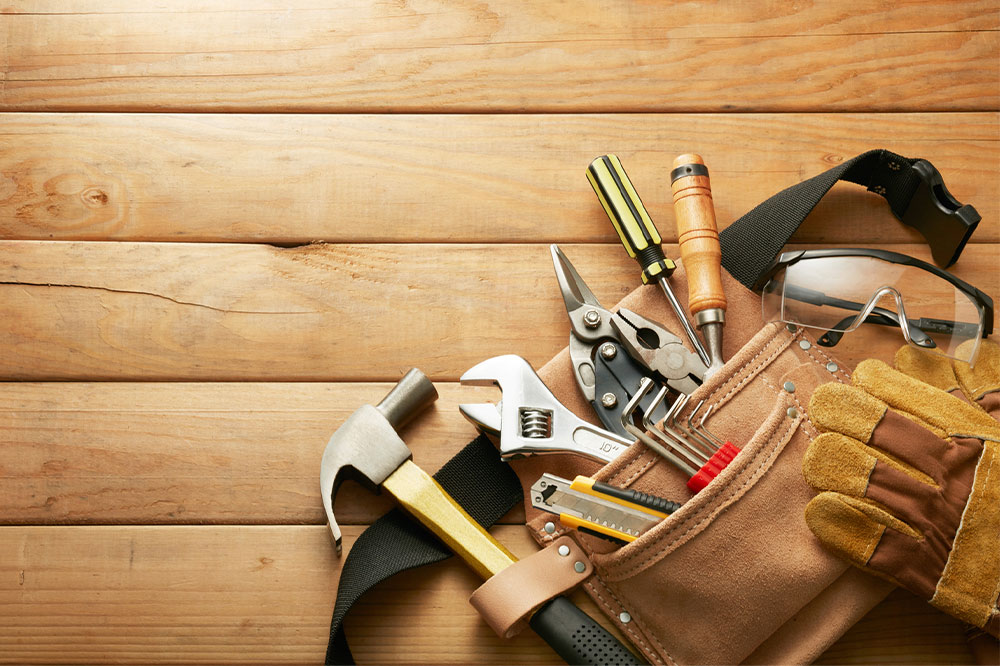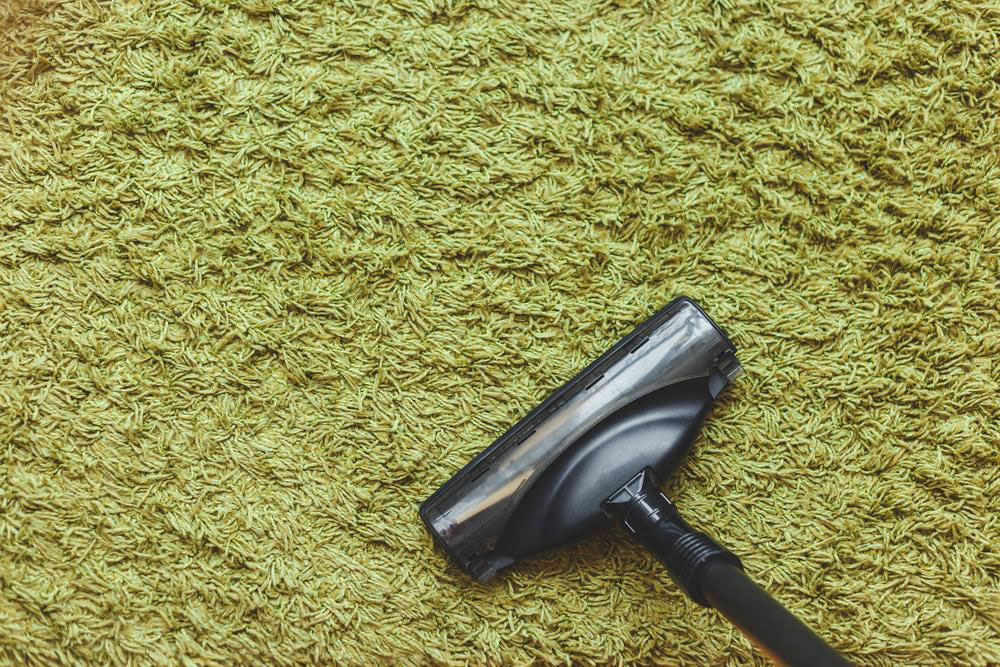Comprehensive Guide to Choosing the Right Conservatory Roofs
Discover the essential factors to consider when selecting a conservatory roof. This guide explores various roof types, materials, and their benefits, helping homeowners make informed decisions. Improving your conservatory’s insulation, appearance, and durability boosts its usability and value. Whether opting for glass, polycarbonate, solid, or hybrid designs, understanding these options can enhance your home space, energy efficiency, and aesthetic appeal for long-term enjoyment.
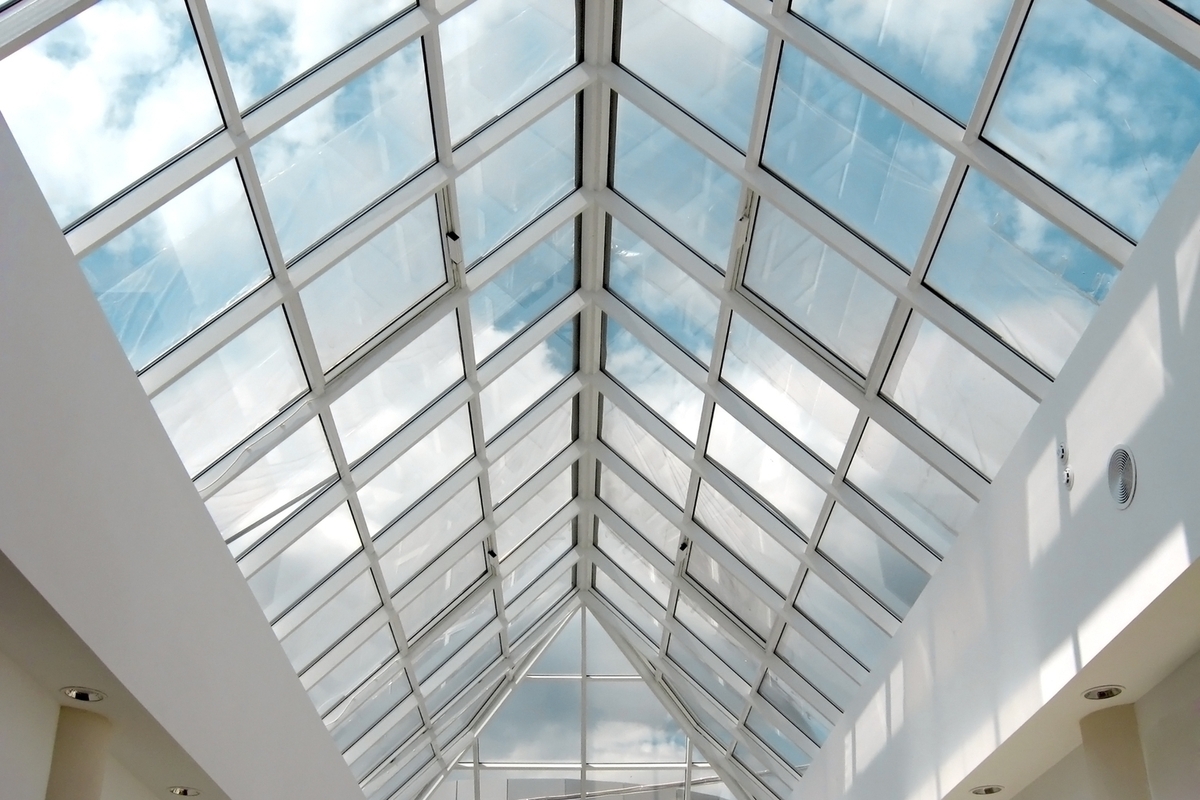
A conservatory enriches any home with a bright and welcoming space suitable for relaxation, meals, or growing plants. The roof is a vital element, impacting the structure’s durability, energy efficiency, visual appeal, and usability. This guide explores different conservatory roof options, the materials involved, and their advantages. Whether constructing a new conservatory or upgrading an existing one, understanding these options helps in making a well-informed decision that suits your needs and budget.
Types of Conservatory Roofs
1. Glass Roofs
Glass roofs are timeless, allowing maximum natural light and a sense of openness. Modern glass options include double or triple glazing for improved insulation.
Advantages:
Generous daylight
UV treatments and self-cleaning coatings available
Enhanced insulation with current glazing technology
Disadvantages:
Higher upfront costs
Potential heat loss or gain without proper glazing
2. Polycarbonate Roofs
This cost-effective alternative is lightweight, strong, and offers decent thermal properties. Available in various colors and thicknesses, it allows customization.
Advantages:
Affordable
Lightweight and straightforward to install
Resilient and impact-resistant
Disadvantages:
Less insulation than glass
Susceptible to discoloration and scratches over time
3. Solid Roofs
Solid roofs, often made from tiles or slates, are increasingly popular. They provide superior insulation and privacy and can include skylights for natural illumination.
Advantages:
Excellent thermal insulation
Increased privacy
Can match existing roofing styles
Disadvantages:
Costlier and more complex installation
Less natural light compared to glass or polycarbonate roofs
4. Hybrid Roofs
Combining elements of glass and solid roofs, hybrid designs feature solid panels with glazed sections, balancing light and insulation.
Advantages:
Optimal light and thermal performance
Flexible design options
Better energy efficiency
Disadvantages:
Potentially more expensive
More involved installation process
Materials Utilized in Conservatory Roofs
1. Tempered Glass
Favored for its strength and safety, tempered glass is impact-resistant and thermally durable.
Benefits:
High safety standards
Treatments for energy efficiency are available
2. Polycarbonate Sheets
This lightweight plastic offers durability and affordability, suitable for budget-conscious projects.
Benefits:
Easy to handle and install
Cost-effective
3. Tiles and Slates
Used mainly in solid roofs, these materials provide excellent insulation and an aesthetic that can complement your home’s style.
Benefits:
Strong insulation properties
Long-lasting and visually appealing
4. PVCu
Unplasticized polyvinyl chloride is a durable, low-maintenance material often integrated with other roofing components.
Benefits:
Minimal upkeep
Versatile and economical
Advantages of Upgrading Your Conservatory Roof
1. Better Energy Efficiency
Modern roofing materials prevent heat loss during winter and reduce overheating in summer, making the space more comfortable year-round and lowering energy bills.
2. Enhanced Looks
Upgrading improves your home’s appearance, with a roof that seamlessly matches your property’s architecture and boosts curb appeal.
3. Increased Property Value
A stylish, energy-efficient roof enhances your home’s worth and appeal to potential buyers.
4. Noise Reduction
Newer materials also minimize external noise, creating a tranquil conservatory environment.
5. Long-Term Durability
High-quality materials ensure your roof lasts longer, reducing repair costs and maintenance efforts.
Choosing the ideal conservatory roof impacts functionality, aesthetics, and energy use. By assessing your needs, budget, and style preferences, you can select a roof that transforms your conservatory into a comfortable, attractive space for years to come. Consult professionals for tailored advice and modern roofing solutions to maximize your investment.


